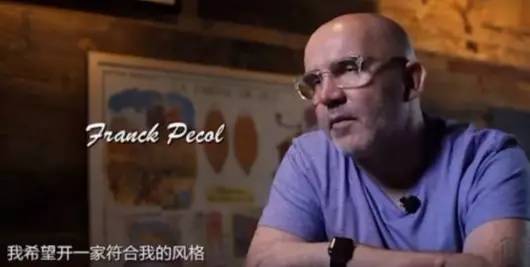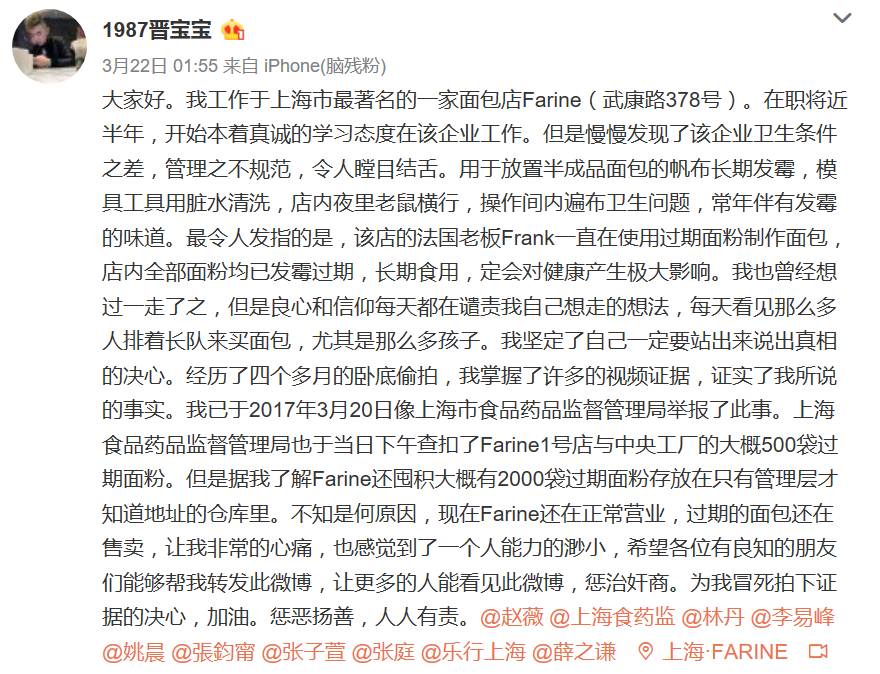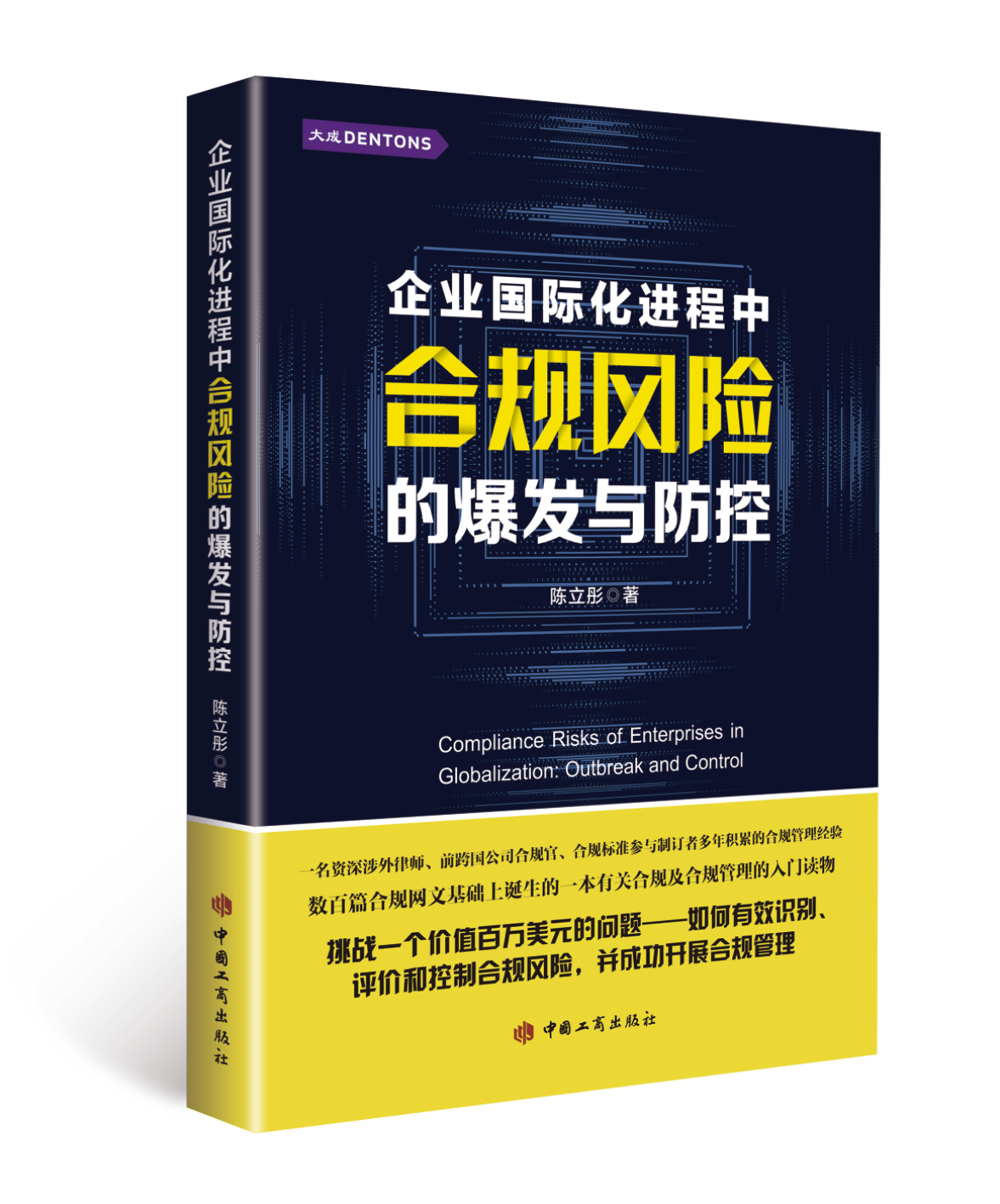China is to award whistleblowers heavily – foreign companies are more vulnerable to whistleblowing?
On September 6, 2019, the State Council of China issued the Guidelines of the State Council on Strengthening and Streamlining the Supervision During and in the Aftermath of Incidents (“Guidelines”) . Among others, the Guidelines called for making full use of social supervision and establishing the system of “whistleblowers”.
The purpose of establishing the system of “whistleblowers” is to strength the monitoring by the public opinions and hold back those who may go against law. As such, the system shall provide heavy bounty and strict protections to the whistleblowers in relation to serious violations of laws and regulations and significant risks and loopholes.
The whistleblower system called for in the guidelines is not out of the blue and heavy bounty to whistleblowers is not unprecedented. Certainly, there are Chinese companies falling down on the tips of whistleblowers. However, non-Chinese companies are seemingly more vulnerable to whistleblowing.
French companies
In 2017, Shanghai Public Security Bureau (i.e., Police Station) dawn raided Farine, a famous French Bakery in Shanghai for using expired flour. The police arrested eight suspects. The president of Farine, Franck, Louis Pécol (a French national), fled back to France.

The police raided the bakery after being tipped off by one of the bakery's employees about Farine’s worrisome sanitation condition and the use of expired flour for baking breads. As a result of the raid, 2300 parcels of flour were found to be faulty. The police then raided another warehouse and found 2366 more parcels of flour that were outdated. Following the incident, Shanghai Food and Drug Administration lauded the whistle-blower for his/her whistle-blowing tip and awarded him a handsome bounty as much as RMB 120,000 (approximately US$ 17,000).

(The whistleblower blogged his process about how to collect evidence by video)
Farine issued a public statement trying to clarify the situation admitting that a “tiny” part of the flour was outdated. However, Farine maintained that the to-use-best-before date had not expired by then. Certain tests conducted at a supplier’s laboratory showed that it was safe to use outdated flour to bake breads. Nevertheless, as expected the lab test did not say it was safe to eat the breads baked with the expired flour.
The police urged Franck to come back to China to cooperate with the police on the criminal investigation. It seems that the French president did not come back to China in fear of facing criminal charges on his return. As such, Farine’s decades of ventures and great expectations in China were abruptly terminated.
UK companies
In 2014, a court in Changhai, Hunan Province imposed a criminal fine of RMB 3 billion (approximately US$ 490 million) on the Chinese subsidiary of a UK pharmaceutical giant because the Chinese subsidiary paid bribes to doctors so that the doctors would prescribe its drugs in priority. The court gave the China subsidiary's former head, Mr. R, a suspended three-year prison and a deportation sentence. Four other China executives, in marketing, operation, human resources, and legal departments were also given jail sentences (although suspended).
Mr. R fled back to the UK after Chinese government launched the investigation on the China Subsidiary. However, Mr. R did come back to China to cooperate with the investigation but was then put behind the bars.
The whole case started off from nothing but a whistleblowing tip from within.
After the case, some non-Chinese nationals were seen taking open air tickets so they could catch any air flight available to fly out of China to avoid prosecution.
US companies
In 2014, the Chinese subsidiary of a US meat manufacturer was raided for using expired meat and doctoring production dates allegedly based on the instructions of their top seniors.
As a result, the Chinese subsidiary’s meat producing plant in Shanghai was shut down in July of 2014 over the safety allegations. Chinese Police arrested six employees in connection with the issue, which earlier prompted a huge client to end supply contracts with the China subsidiary.
The food safety issue has been a blow to both the meat manufacturer, which saw its Asia sales fall sharply in July of 2014.
The scandal, which spread as far as Hong Kong and Japan, sparked a Chinese probe into the firm and dragged down the China sales at its downstream clients.
The whole crisis started nothing but whistleblowing as well and the video provided by the whistleblower clearly showed the workers picking and packing the meat falling down on the ground.
There are many other whistleblowing stories in China and there are many lessons for multinational companies to learn. One of the lessons above all is how to manage risks (subject to whistleblowing or not) preemptively and effectively.
_________
The author, Henry Chen, licensed to practice law in China and New York, is a senior partner of Dentons Shanghai Office. Before joining Dentons, Henry was AP Compliance Director of Ford. Henry's practice areas include FCPA, anti-bribery and fraud investigation, cyber security and data integrity, compliance management system, corporate matters and dispute resolutions. Henry's email is Henry.Chen@dentons.cn. Henry is the author of the book Risk Management on Commercial Bribery in China and the book Compliance Risks of Enterprises in Globalization: Outbreak and Control






